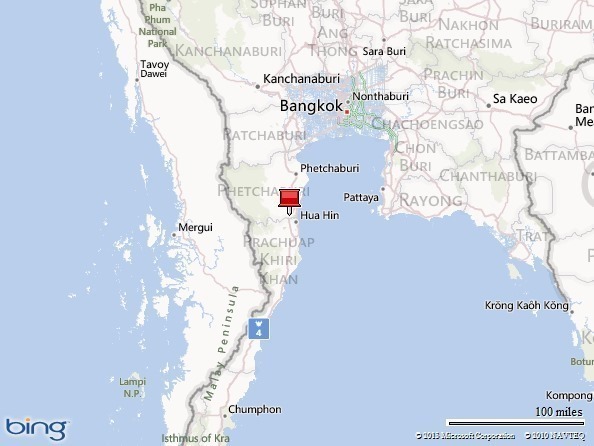I talked to my wife tonight on the phone. She has been in China with my son since early last week. They are doing very well. Life in Shanghai is not as comfortable or convenient as it is in Seoul, but she’s glad she went home to spend time with family. My wife and son are staying with my in-laws, who as you might recall returned to China last December before we left for Seoul. My sister-in-law’s family, who also live in Shanghai, met my son for the first time. My son has really taken a liking to his aunt (probably because she is a lot like his mom, her sister). They all live in pretty cramped quarters and have had a few minor family quarrels, but all in all, the visit has been a good one. My son really misses me. Whenever he sees a photo of me, he says excitedly, “Baba!” the Chinese word for “daddy.” I can’t wait to see them again. My temporary, pseudo-bachelor life has its good moments, but there’s nothing like being with the ones you love.
My son is apparently quite a celebrity in China. As a mixed-blooded child—half American, half-Chinese—he obviously looks different than Chinese children. My wife told me that strangers go out of the way to meet the little guy because he looks so different. She recently took him to a neighborhood photography studio for a photo session. The session so well that the studio acquired the rights to his photos and will display his album as a studio sample. He is a very photogenic kid. (I’m glad he inherited his mother’s good looks!) Although my son has been noticed here in Seoul, he has gotten far more attention in China than he has in Korea. This may be because Koreans have seen so many foreigners and mixed-blooded children that they are no longer a novelty. Chinese, on the other hand, have experienced much less exposure to foreigners and have met few mixed-blooded children. When I first visited China in 1994, I received many inquisitive looks from Chinese. I was a bit of a novelty, even when I was in Shanghai. However, in recent years the foreign mystique has diminished, and many Chinese now won’t give foreigners a second glance.
On the other hand, mixed-blooded children in China born to a foreign parent are still relatively rare. As a result, like my son, mixed-blooded children still elicit stares from Chinese. And Chinese typically hold them in high regard. Some Chinese believe that mixed-blooded children are physically more beautiful than either full-blooded Chinese or foreigner (e.g. Western) children. A recent poll indicated that 63% of Chinese would like to marry a foreigner. During my 1994 visit to China, my wife and I received critical stares from strangers who disapproved of our bi-racial relationship. Now, our mixed marriage is apparently hip. Attitudes in China have changed dramatically in the past decade. This may explain why Chinese are generally favorably disposed to mixed-blooded children. Rather than being a social burden, mixed-blooded children have become a status symbol of sorts.
Koreans, in contrast, typically do not hold mixed-blooded children in such high esteem. Koreans tend to prefer full-blooded Korean or non-Korean children. This is partly due to the fact that some mixed-blooded children in Korea are born out of wedlock to Korean mothers who are abandoned by foreign partners (particularly soldiers) who leave the country. Many of these children are born into unfortunate circumstances where the father reneges on his responsibility to take care of the child and disappears from their life. It is a very interesting contrast between two cultures that are similar in many ways but differ in some key social aspects. It is partly a product of cultural and historical influences.



